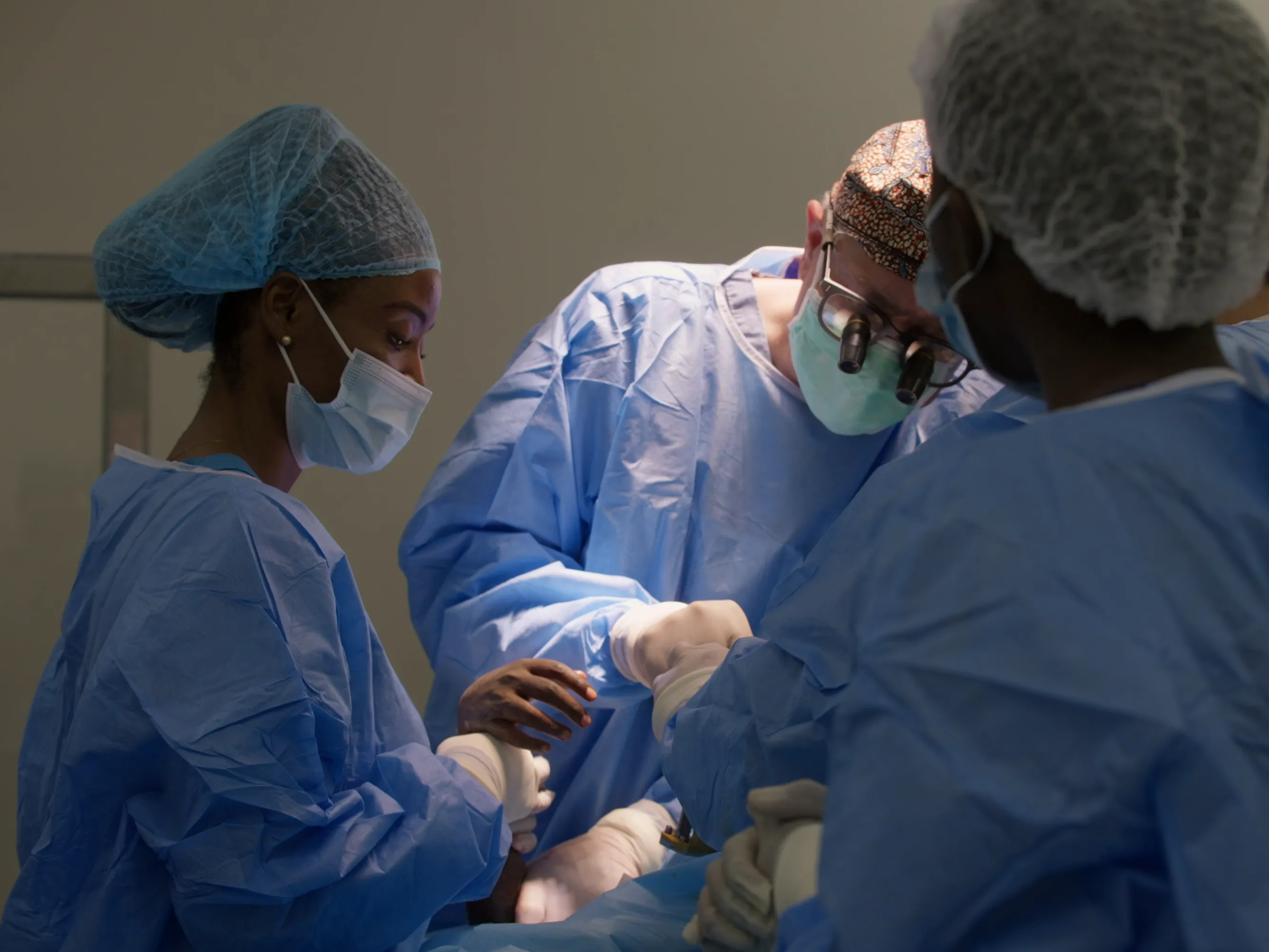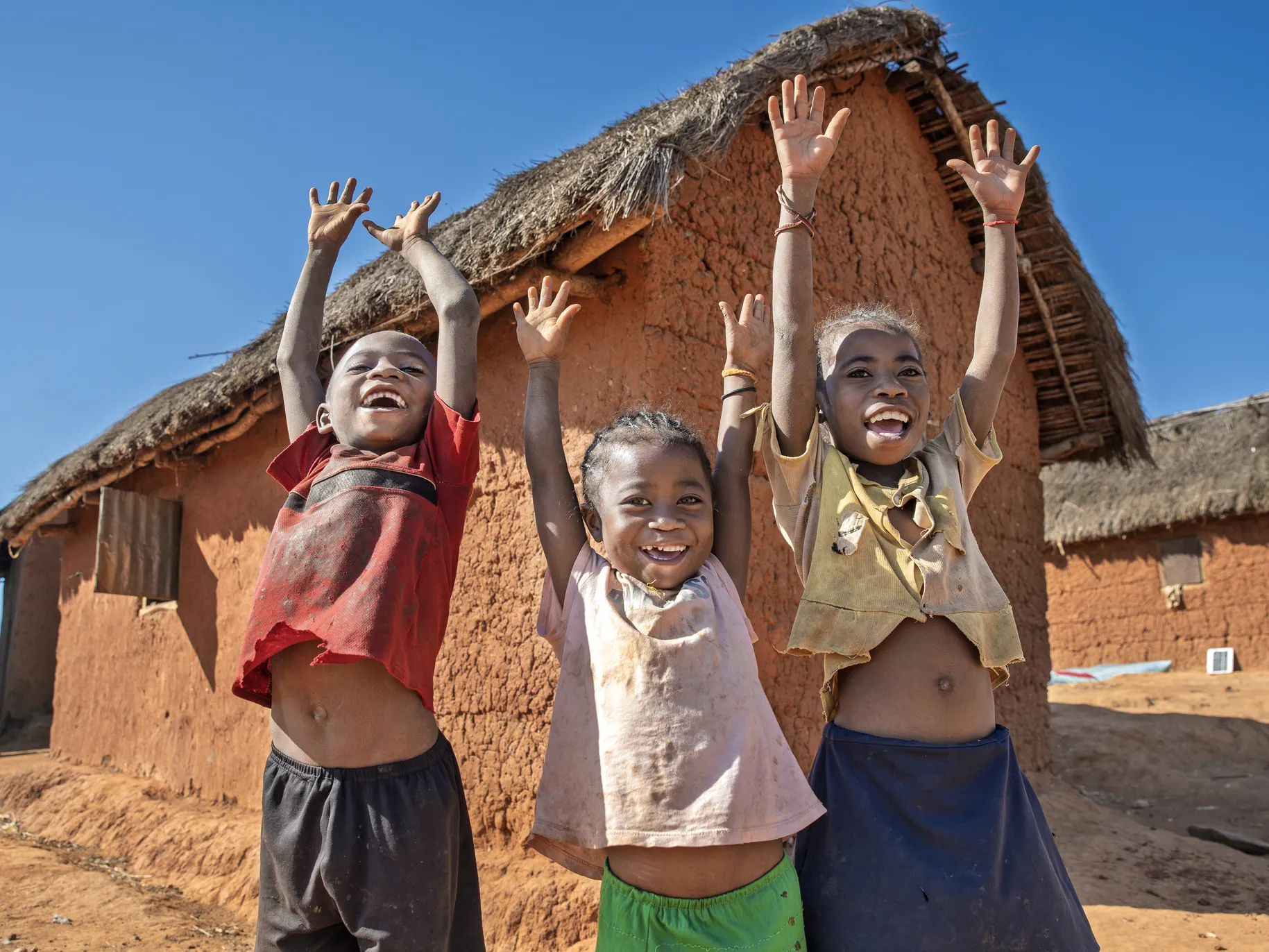Education
Serving More People in More Places: Operation Smile Champion Program
In Escuintla, Guatemala, the Operation Smile Champion Program brought together experienced volunteers to educate Guatemalan mentees with the goal of helping more families access timely cleft care.

While there are thousands of people in Guatemala living with untreated cleft conditions, there is also a total of 7 million people in need of cleft care globally.
Most people in both groups face unsurmountable barriers to accessing the health care they need.
Piloted in Rwanda, the Operation Smile Champion Program brought together experienced volunteers to educate and collaborate with Guatemalan mentees with the goal of helping more families like Leyda and Heidy’s access timely cleft care.
With better-trained doctors, local health care systems are better equipped to serve more people in more places.
Five times, Heidy traveled to a surgical program in Guatemala. Five times, she and Leyda returned home carrying with them the heartache of watching other families experience the joy of a new smile.
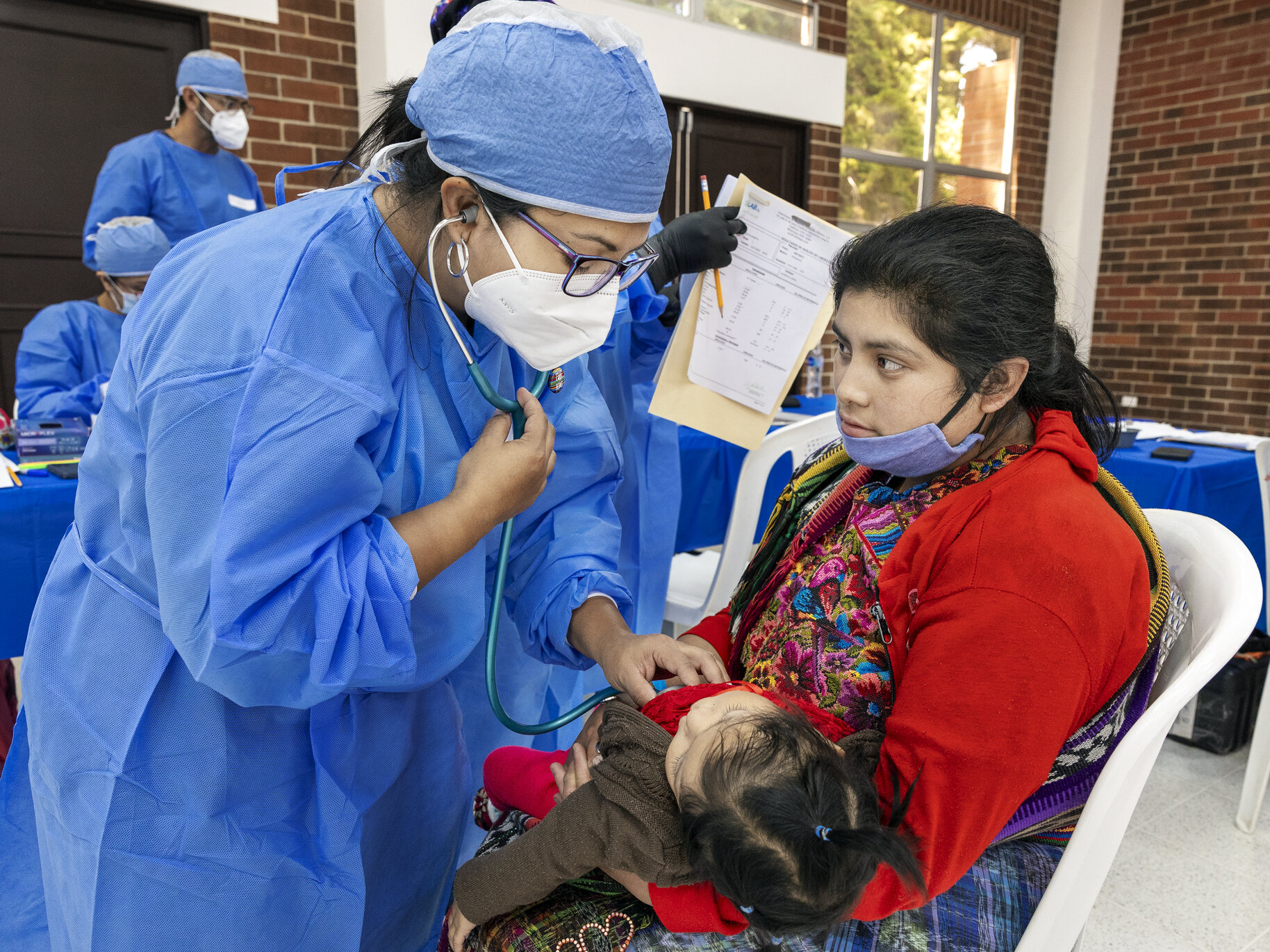

Through prioritizing educational exchange and mentorship opportunities over surgical volume, the Champion Program focused heavily on building capacity, establishing potential future hospital partnerships and increasing available medical professionals equipped to serve.
“In most cases, it’s the difference between a patient who can thrive without orthognathic surgery and others who will require it, if they can obtain it at all,” said dentist Dr. Monica De Leon. “For me, being part of the Champion Program means channeling that desire to help the population with cleft lip and palate. The passion for teaching and learning is because it opens new worlds and new ideas, and efficient, effective care can be provided for the benefit of the patient.”
De Leon further explains that timely dental care is critical for a patient’s growth and development.
In addition to providing transformational surgery, one of the lasting solutions the program sought to accomplish was to increase access to specialized health care such as dentistry for children like Edwin.

Edwin’s mom, Rosemary, quickly began making arrangements to take the six-hour bus ride to the screening site after she discovered a program was taking place in two days.
Having learned that surgery was possible seven months after the birth of her son, Rosemary was surprised to see so many parents just like her who had children with cleft conditions. Until that moment, she believed she was the only mother with a child who had a cleft lip. She shared with the team how comforting it was to connect with other mothers at the program and learn about their experiences while also sharing her own.
Rosemary excitedly called her husband to tell him that Edwin passed his comprehensive health evaluation and would be receiving surgery. In just one week, an entire family’s world changed.

“What greater pride than being able to teach my students. The mentees were people that I trained in the hospital where I work. It’s being able to have the opportunity to interact with people who have the same goal, the same vision,” Ramos said. “To teach someone else who has that dream. As an anesthesiologist … I can train other people. They can serve our country, they can serve the community with love, with passion.”
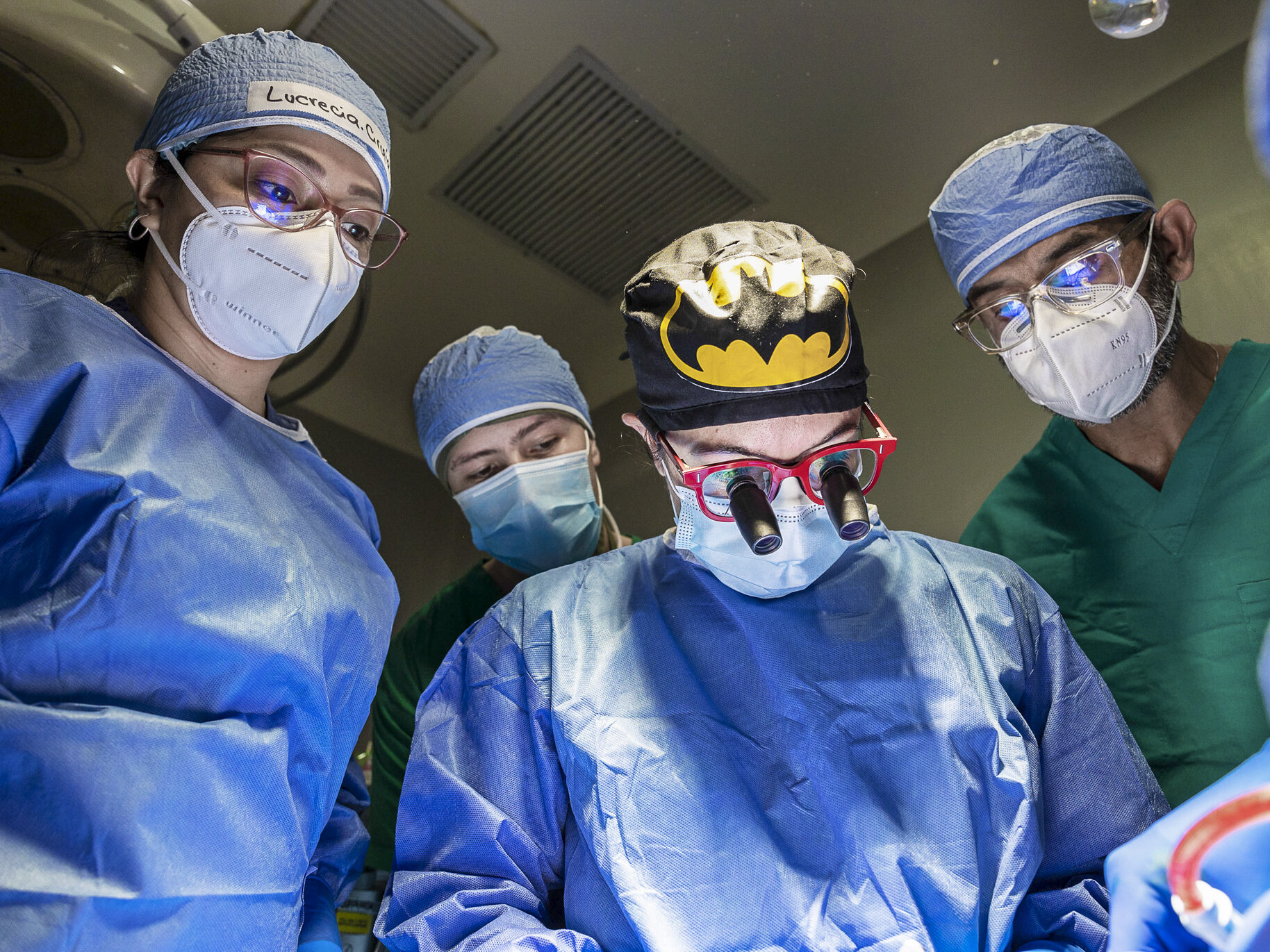
There is a shortage of adequately trained health care professionals in most low- and middle-income countries. In particular, the lack of credentialed plastic surgeons in countries like Rwanda and Guatemala leads to gaps in patient care and local capacity.
This not only places a burden on the health system in that country, but also creates extensive delays in patient care, forcing people to wait months or even years to receive basic health services and treatment.
The Champion Program intentionally aims to alleviate that suffering by facilitating training opportunities that will increase the number of local health care professionals who are trained and empowered to serve the needs of their home country.
“For me, the Champion Program means an opportunity to donate my work to people who need it, to learn from people who have ample experience, to learn the techniques and to give joy to people who need it,” said mentee Dr. Lucrecia Matías of Guatemala. “My expectation from this program is to learn from the mentors and improve my work to be able to serve people. One of the things I most hope for is to be 100% involved in Operation Smile.”
With more surgeons equipped to tackle the need for cleft care, more patients like Edwin and Leyda are receiving the high-quality and timely surgery every person deserves.
After enduring six attempts at surgery, facing unforeseen obstacles and overcoming multiple health complications, Leyda was surrounded by the unwavering love of her family as she took her first step toward a brighter future.
As one of 10 patients who departed from the program site with a new smile, Leyda and her mom, Heidy, were particularly excited to be heading home.
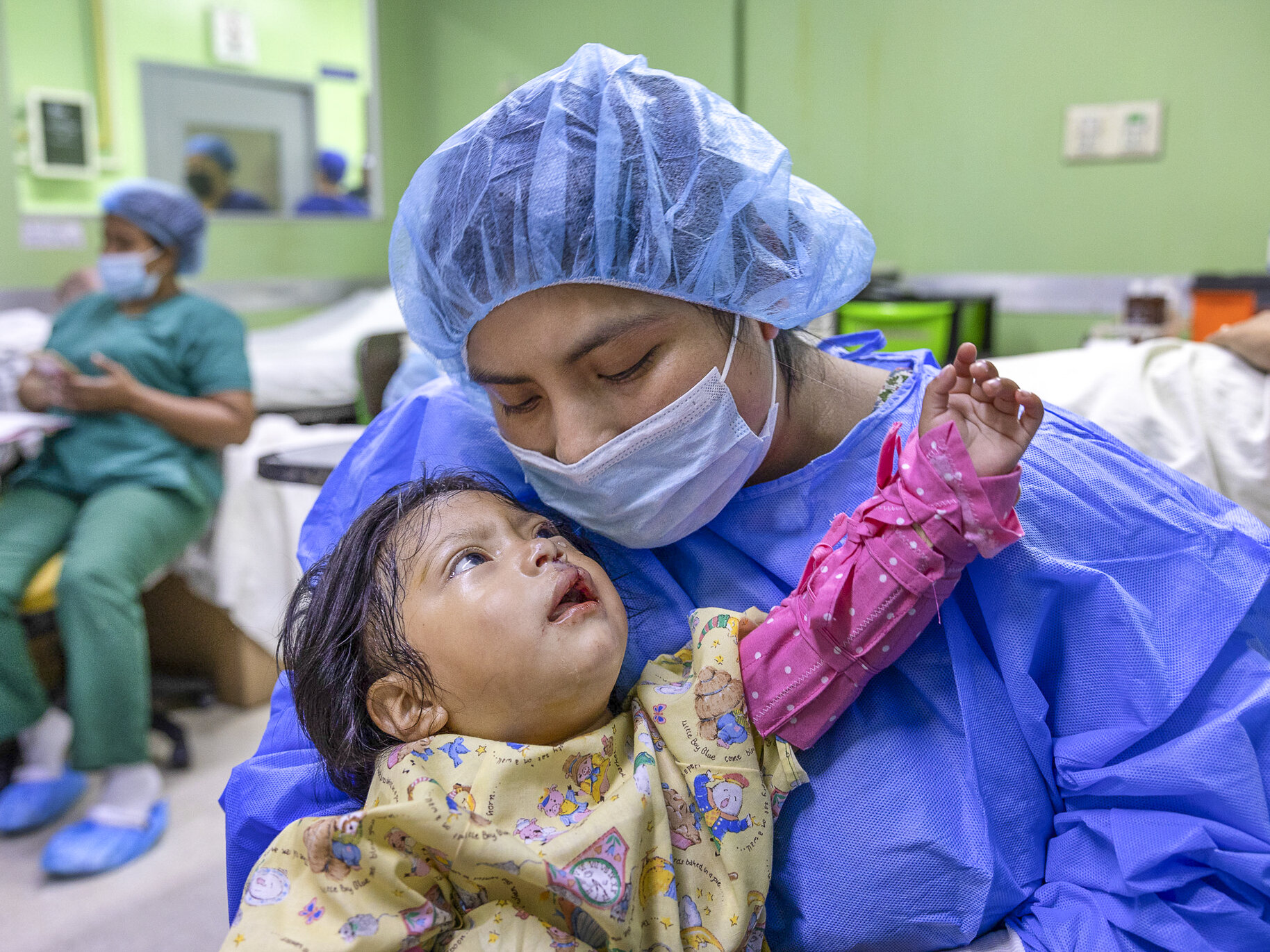
Leyda was the final patient to receive surgery, but she will not be the last to benefit from the long-term impacts of this Champion Program. Through the sharing of knowledge and skills between mentors and their mentees, more medical professionals left the program feeling empowered and prepared to help more children like Leyda in their local communities receive the high-quality care they deserve when they need it most.
During the program, 12 patients were screened by anesthesiologists, nutritionists, nurses and pediatricians like Dr. Alma Castañeda.
Castañeda has attended approximately 20 surgical programs for Operation Smile, but delivering life-changing cleft surgery wasn’t the only motive for the men and women who volunteered their expertise during the Champion Program.
“In the Guatemalan health system, the most marked gaps are poverty, little access to health care for people who live far away, lack of awareness of health care systems, fear,” Castañeda said. “My desire to be part of the [Champion] surgical program of Operation Smile is to be able to train others and train myself to be able to teach and convey information to other volunteers.”
